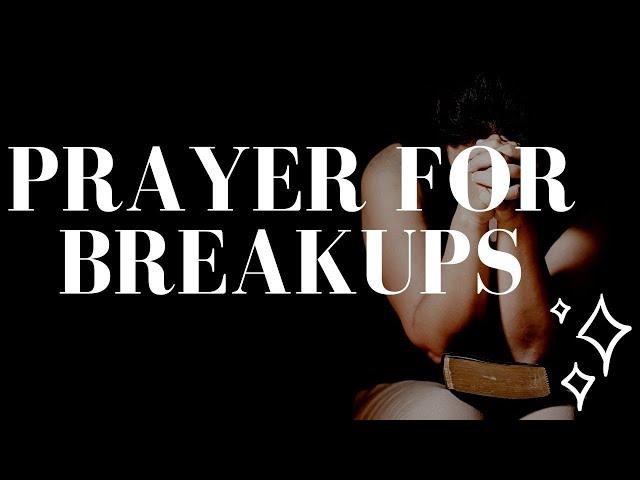The Role Of Religion In Surrogacy

Infertility may be a painful reality for several couples. Assisted reproductive technologies (A.R.T.) have become increasingly more popular for infertile couples wanting to conceive.
Most Christians are reserved in asking what boundaries or principles must be drawn. A recent Pew Research study found Americans, including evangelical Christians, don't see in vitro fertilization and surrogacy as an ethical issue and don't take a position for or against it.
The term surrogacy or surrogate comes from a Latin word which means substitute. In the medical terms it means using a substitute mother in place of the natural mother. In other words, a woman bears child from another woman and surrenders parental claims to the child after birth.
It is possible that surrogacy has been practiced for ages to help women who are unable to bear children but there was no specific evidence until the late seventies.
(Genesis 16:1-15). The story is told, “Now Sarai, Abram’s wife, had borne him no children. But she had an Egyptian slave named Hagar; so she said to Abram, ‘The Lord has kept me from having children. Go, sleep with my slave; perhaps I can build a family through her.’” Abram did as he was told, and, at the age of 90 years, he was able to father a child by Hagar, and Ishmael was born.
Conservative ethics promote and support that procreation must be reserved to married spouses through sexual intercourse. In other words, it is unacceptable to procreate outside of the conjugal act between spouses; children should have a fully human origin.
Permissive ethics, on the other hand, say that as long as the adults are properly informed and have the proper guidance and understanding of contracts, any surrogacy is permissible.
There is also the modified permissive ethics which allows surrogacy in a limited fashion, depending on the type of surrogacy.
The lack of an ethical compass is one among the results of our modern culture.
Many of us would admit to having no external criteria for judging their beliefs. The general public have a series of values that minimize the friction between personal spiritual inclination, personal emotional preferences and cultural expectations. These values are flexible values because the person’s needs and preferences can change depending on what happens throughout their life experiences.
In addressing the desires of infertile couples, society should not undermine fundamental family relationships of the natural mother, parental responsibilities and therefore the long run interest of the child. Surrogacy risks blurring the child’s identity, disrupts the natural links between marriage, conception, gestation, birth and therefore the rearing of the child.
While the Bible doesn't specifically forbid the process of surrogacy itself, most Christians agree that most forms of surrogacy are morally and theologically problematic. With that in mind, the Bible also says that a chld is a gift and not a right however, religion continues to evolve and so does our point of view; we often find outselves accepting that fertility is a medical issue and until we find outselves faced with the reality of not being able to have a child, it is difficult to judge those who have been in such devastating situation.
There are many different points of view for all the different types of surrogacy ethics but the fact is that what ever your religious beliefs are, surrogacy is not for everyone and careful consideration should be provided as to the morality of surrogacy.





